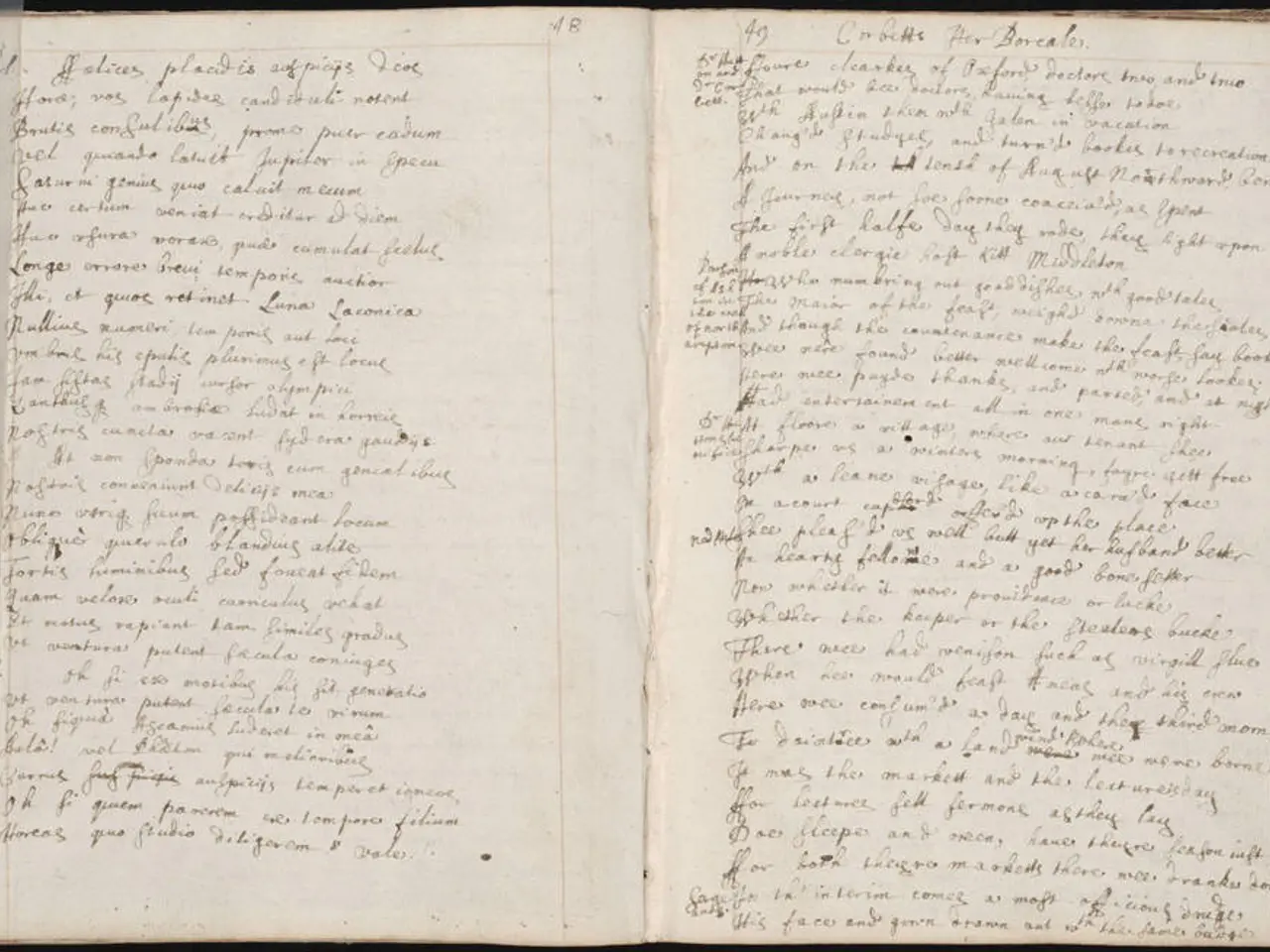Supreme Court to Rule on Conversion Therapy Ban's Impact on Free Speech
The Supreme Court is set to rule on Chiles v. Salazar by June, a case challenging Colorado's ban on conversion therapy for minors. Kaley Chiles, a Colorado counselor, argues the law infringes on her First Amendment rights as a Christian.
Colorado's law prohibits licensed professionals from providing 'conversion therapy' to minors, defined as attempts to change a minor's gender identity or sexual orientation. The Supreme Court heard oral arguments in October, with Kaley Chiles asserting that her one-on-one conversations with clients fall under protected speech.
The Manhattan Institute, along with other religious liberty groups, filed an amicus brief supporting Chiles, claiming the law is not religiously neutral. Conversely, Americans United, representing 23 faith groups, argued the law is religiously neutral and promotes safe, inclusive communities. During the hearing, Justice Kagan expressed concerns about potential viewpoint discrimination, while Justice Sotomayor questioned Chiles' standing to sue.
The Supreme Court's decision in Chiles v. Salazar is eagerly awaited, with significant implications for free speech and religious liberty. The ruling could potentially impact similar laws in 27 other states and the District of Columbia.




